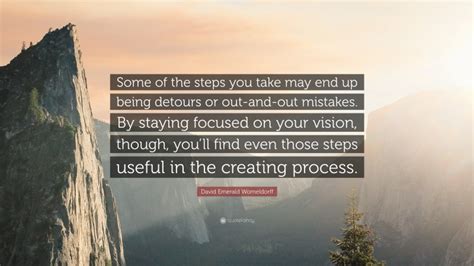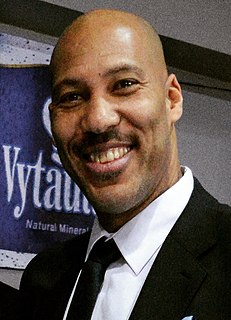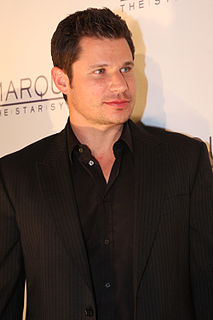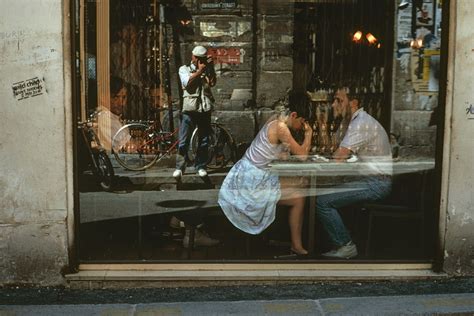A Quote by Tig Notaro
I can't help but see things in life through a humorous lens, so anything that comes my way is gonna probably be, you know, bent in that direction.
Related Quotes
I compare a lot of life to looking at a map through a straw. The less ability you have to see life in a humorous way, the smaller the straw is that you're looking at the map of life. You're not looking at the whole picture. You can't see the whole topography without it, and it can help you to make better choices.
The way you talk about yourself and your life-your story-has a great deal to do with what shows up in your day-to-day experience. Your thoughts create filters through which you view your life. If you think of yourself as a Victim, you filter all that happens to you through the lens of DDT, and you find plenty of evidence to support that viewpoint. That's why the orientation you adopt is so important: it exerts a powerful influence on your life direction.
I think a band - even a band that's been around as long as the Rolling Stones - I think that's still the formula. You know you're gonna get those songs, and you don't mind sitting through the ones that you maybe don't know very well because you know they're not gonna let you down - they're not gonna mess with you. And I kind of feel the same way about the way I structure my shows.
I made the decision (that), if I was gonna do this, I was gonna do it 100% because before in my life I had been an entrepreneur. It was weird. I would wake up in the morning (saying) "You know what? I'm gonna do this." (I'd) set out (and) in three months (I'd) have a new business on its way. I didn't stop and think about the repercussions of anything. I just did it. I moved forward in doing it to succeed.
When we see through the lens of God's truth, revealed primarily in his Word, everything comes into sharper focus. Suddenly, we'll see that everything is integrated and overlapping - that the world is not divided between the sacred and the secular, but there's one life, and God is the Master of all of it. God knows all things, past, present, and future, and is all-wise; when we train ourselves to see more as he sees, we'll pursue the things he values and seek to live before him as our primary audience.
You carry that through and adapt it to a camera lens, but you're quite right, you cannot be sure of what an audience is going to do. You don't know what's going to happen to the piece you're doing anyway. You don't know how it's going to be edited. There are a lot more unknowns in cinema. But that you have to readily accept. That's when, I think, you have to forget about intellect, to a degree. Intuition is very important when you're working with a lens, I believe, for what the lens is doing, too.

































